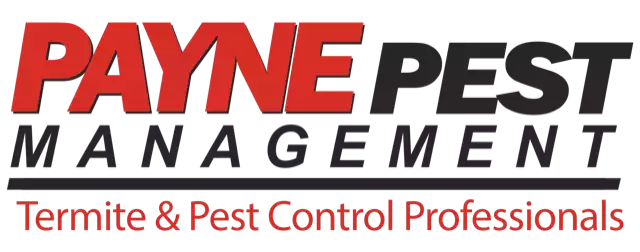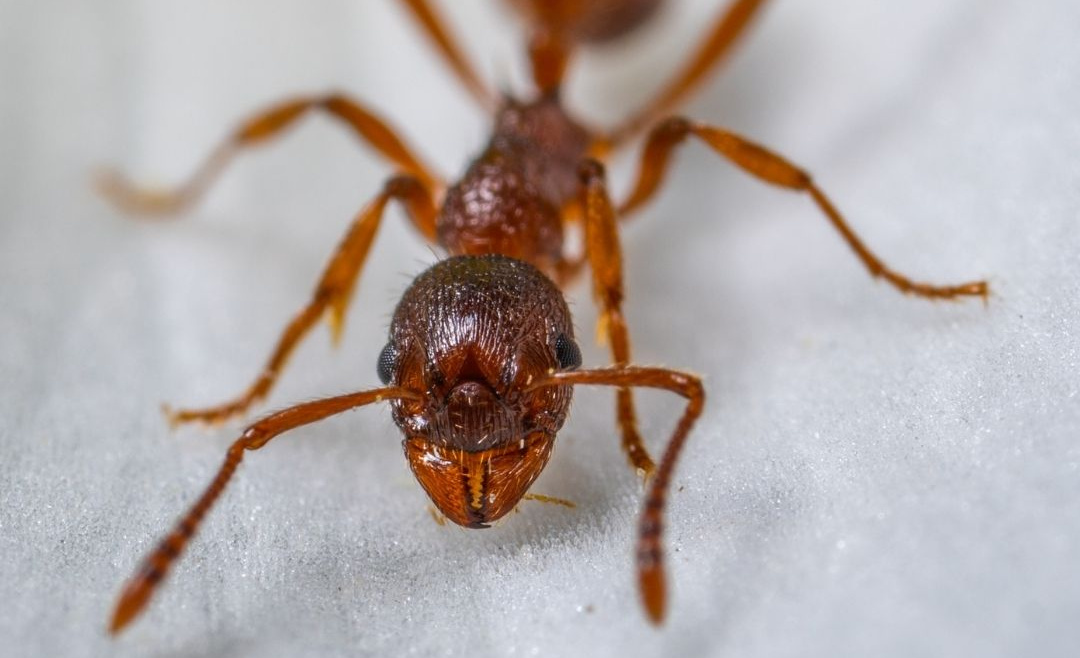Whether you are dealing with tiny sugary ants or aggressive carpenter ants, having ants in your home means you have to worry about getting them into your food.
Have you ever wondered how these creatures could impact your health?
While it is true that ants do not spread diseases like other pests, but they can transport some food-borne illnesses.
Find out if it a concern for you?
Ants and Cross Contamination
Ants are creepy crawlers that live in filth, and as they crawl and live in areas infested with germs and bacteria, it isn’t a shocker that these creatures can easily contaminate other surfaces. For instance, an ant rummaging for food might crawl through dirt in the sewage lines and might then land on your dining table, thereby carrying a ton of bacteria. A species of ants known as Pharaoh ants hold the reputation of transmitting pathogens such as clostridium, salmonella. streptococcus, etc. Therefore, it is vital to constantly examine your house for ants, and keep your surroundings clean.
Ants and Food-Borne Illnesses go hand in hand
Let’s put it this way, where the are ants, cross-contamination thrives, and therefore, food-borne illnesses should be no surprise. That’s right, as ants rummage through filthy areas in search of food and water, they can bring about an indefinite number of bacterias and fungi in your household. These bacterias when coming in contact with your food or around your dining area can easily cause food-borne diseases. To name a few, E. coli, Shigella, Clostridium, salmonella are common.
The Risks of Stings and Bites
Typically, ant bites and stings aren’t very harmful and many merely get away with a reddish-pink nip. However, things may take a scary turn when these bites and stings are associated with allergic reactions and hypersensitivity to ant venoms. Such incidents may trigger some serious life-threatening conditions such as chest pain, difficulty in breathing, swelling, shock, and anaphylaxis. Fire Ants are one of the most notorious ones when it comes to stinging humans.
Tips to make your home less hospitable to ants:
- Seal the Meal: Don’t leave any food items open, unattended. If you have a pet, ensure their food bowl is washed regularly.
- Avoid leaving dishes in the sink overnight.
- Clean the house and the yard religiously, leaving no stone unturned (literally), since ants can build colonies under stones as well.
- Treat leaky taps without any delays.
- Seal cracks and crevices with Caulking.
- Spray insecticide at the perimeters of your house.
- Use strong-smelling essential oils such as eucalyptus oil and peppermint oil to chase them away.
Wrapping Up
While the risk of getting health issues from ants is overall low, it is vital to protect your home from these pests. Eliminate the ants inside your home through pest control services. You can get rid of ants by discouraging them from coming to your home.







